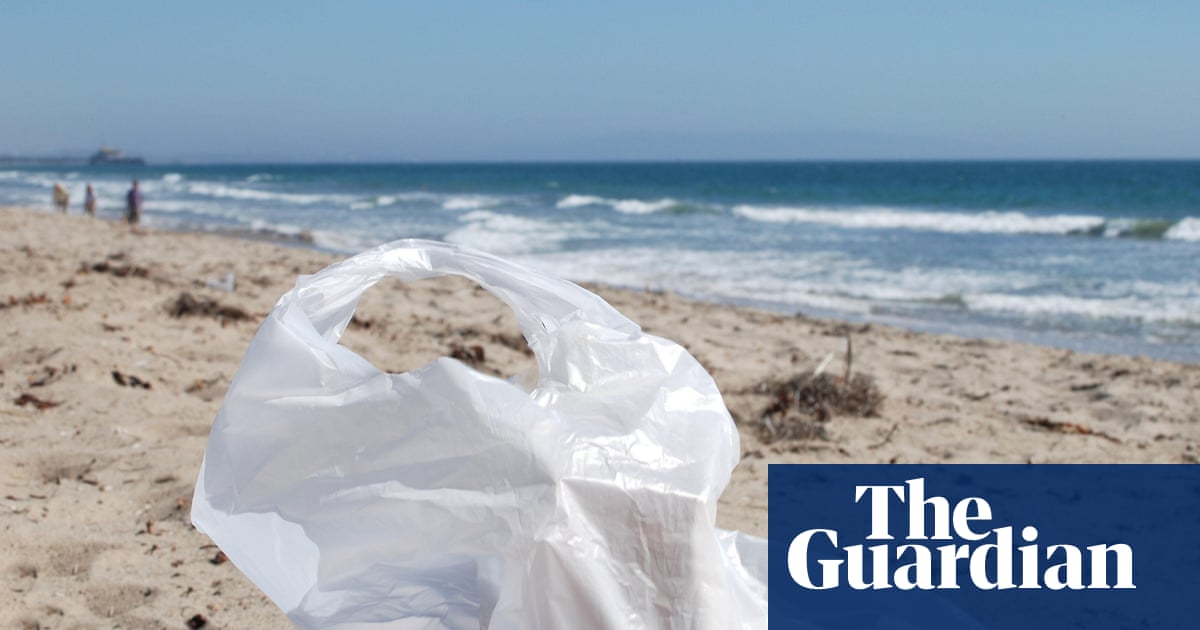Interesting. I would have imagined, considering the small price, people would just pay the minimal cost to get plastic - bags but it seems people actually began to avoid them which is great news.
It was 5 cents a bag at the grocery store back in 2016 where I lived, and practically everyone would just bring their own bags to avoid it.
Yes. I find it surprising.
It’s also good that there is analysis of the effect of the charge.
I would like to know if the UK tax on sugared drinks has any beneficial effect. I believe that sales (and manufacture) have reduced but that’s pretty irrelevant—eg, has it improved obesity or dental health?
Daily sugar intake fell by 11g - equivalent to two and a half teaspoons - in adults in the year after the introduction of the UK’s ‘sugar tax’ in 2018, finds a new study involving a UCL researcher.
That’s an answer to a different question. Mine was: are there any improvements in public health?
Assuming that what I’ve read (extremely quick search) is true, too much sugar can cause diabetes and heart disease. So reducing the amount consumed will likely improve public health. It’s not a big jump from one to the other.
Also, in the article I first linked there’s this quote: “These seemingly average changes can lead to valuable changes in health at the population level” by Dr Oliver Mytton (UCL Great Ormond Street Institute of Child Health).
So yes, there’s been a positive impact.
They just want some justification and reenforcement. If it saves anything, that is all they need. I was the crazy own bags dude before the charge, and now everyone is bringing their own bags too.
Though reducing plastic waste is a great goal and i am glad for this victory, in (yanktown) grocery stores there is more crap wrapped in plastic than ever. Even my produce aisle has1-2 layers of plastic around them. Putting 100 plastic wrapped items into a few canvas bags is 1 step forward 2 steps back.
I agree with anyone saying “more is needed”, and i don’t want to seem against this at all, but I do want an accounting of the increasing amounts commercial/industrial are producing in the first place.
If we don’t do that too, in fact if we don’t focus on those then consumer-level initiatives are just is spinning our wheels.
Also plastic wrapping stuff delivered. There is DEFINITELY something that could be inspired by interlocking blocks to replace all that plastic wrap for securing loads
Im surprised anyone noticed. It implies people visited UK beaches.
The burbs still have plastic!





